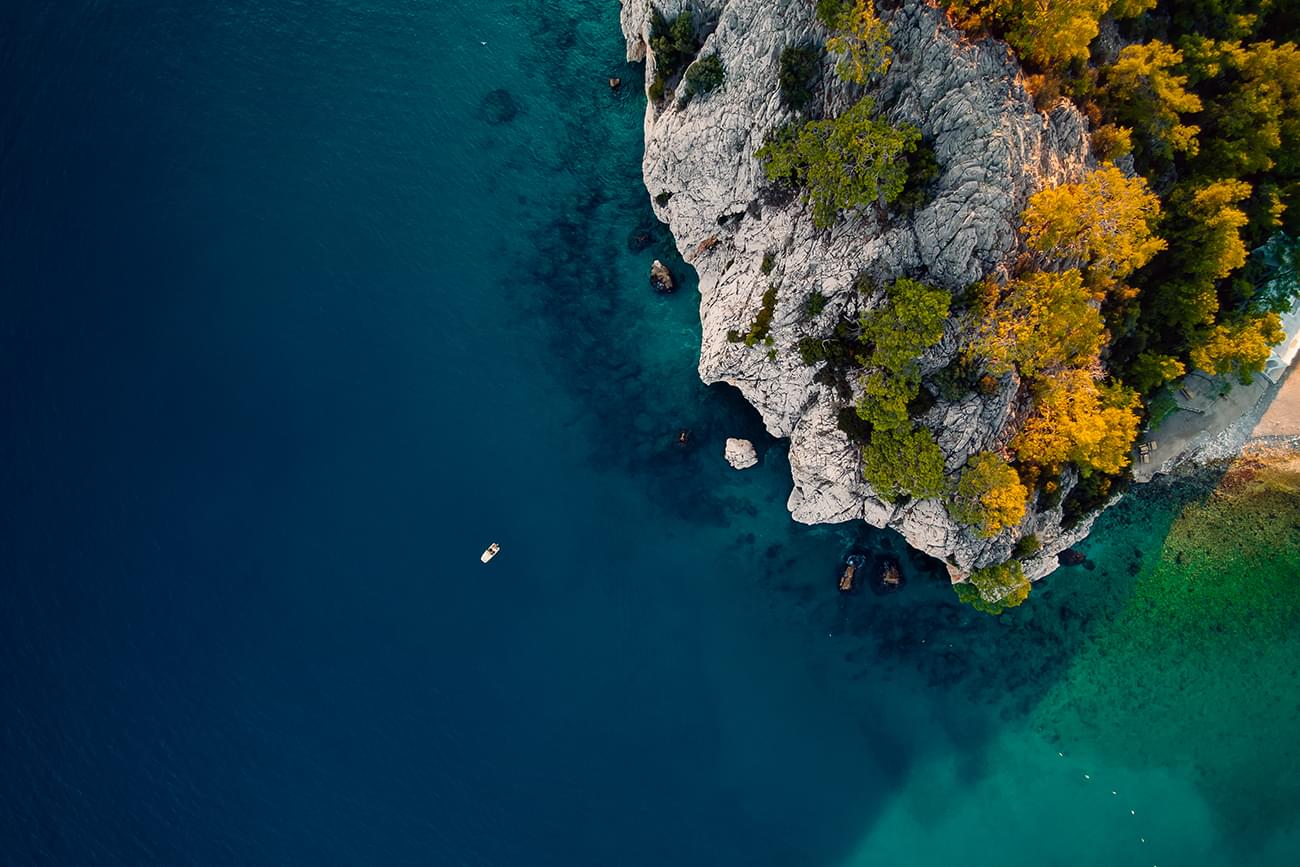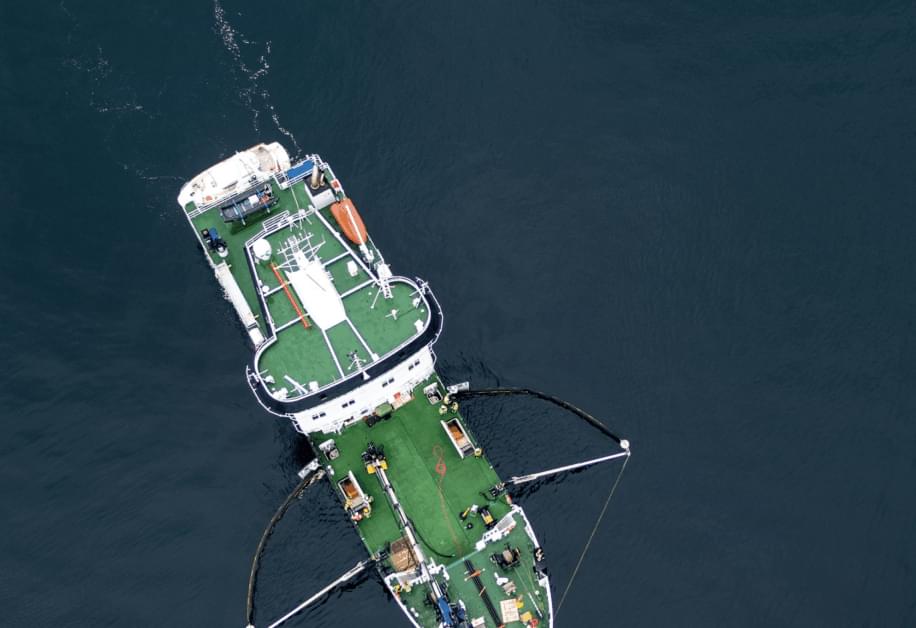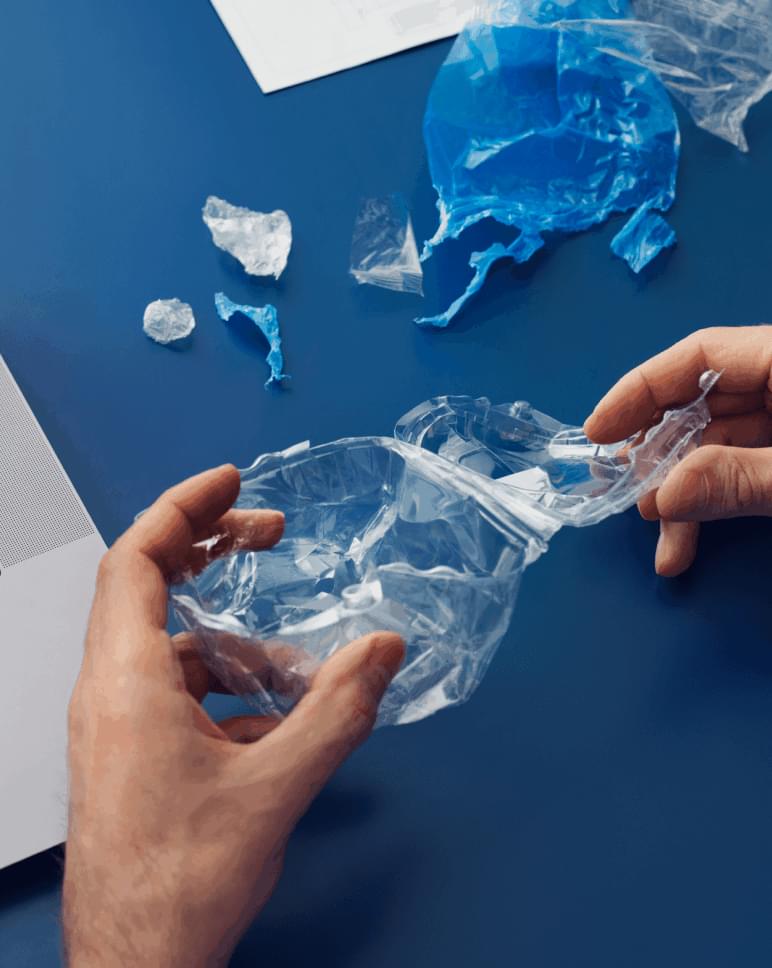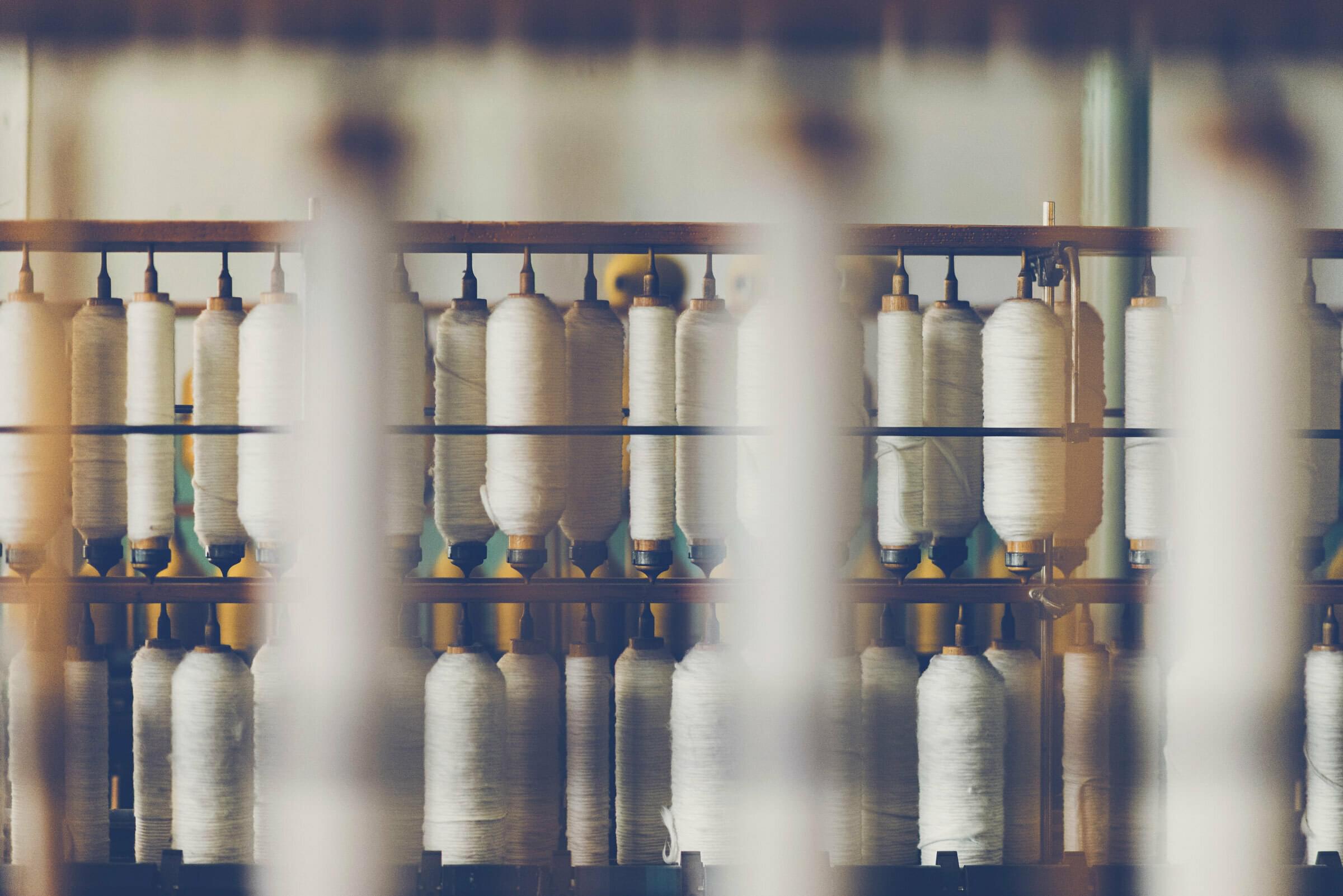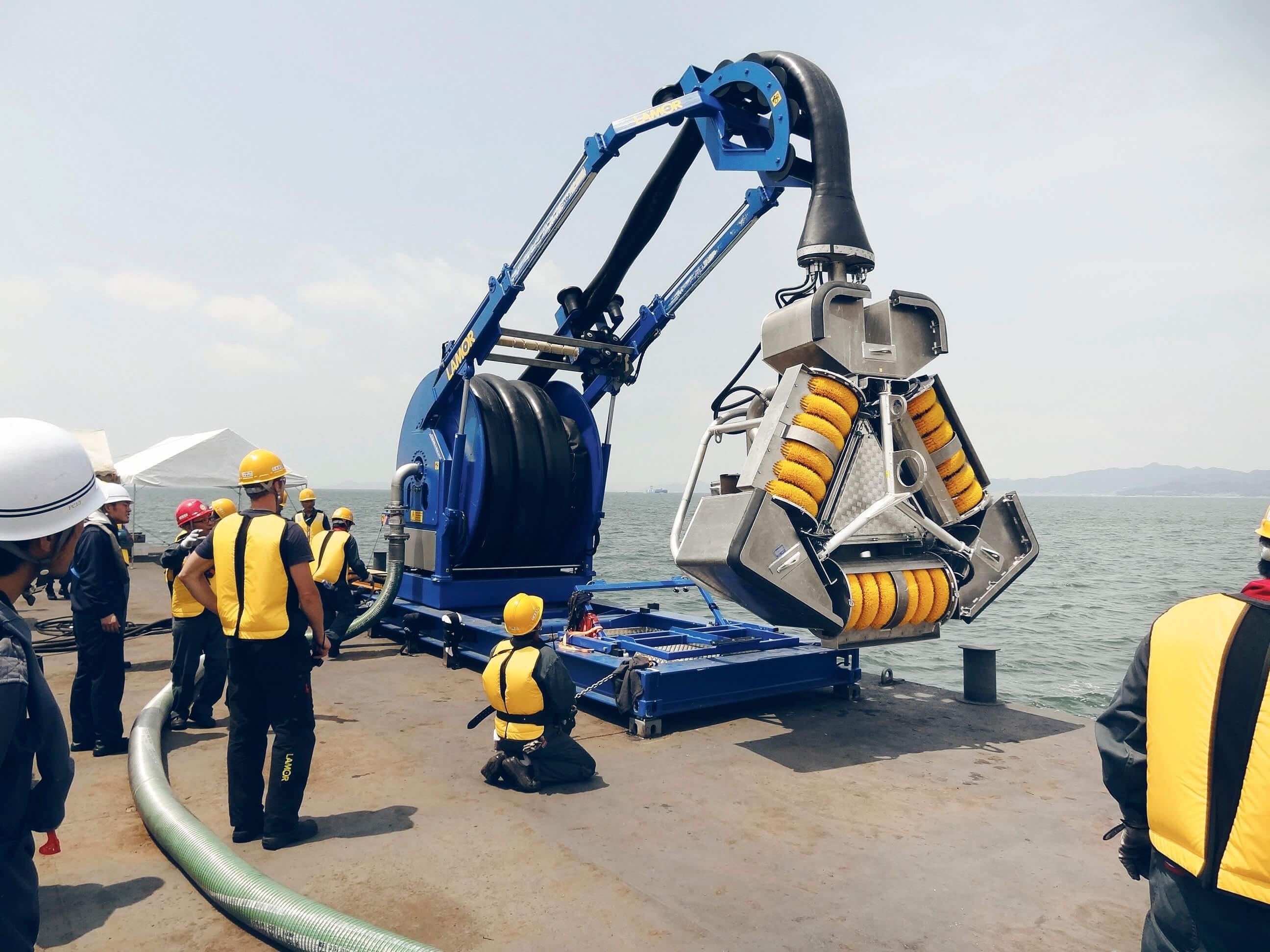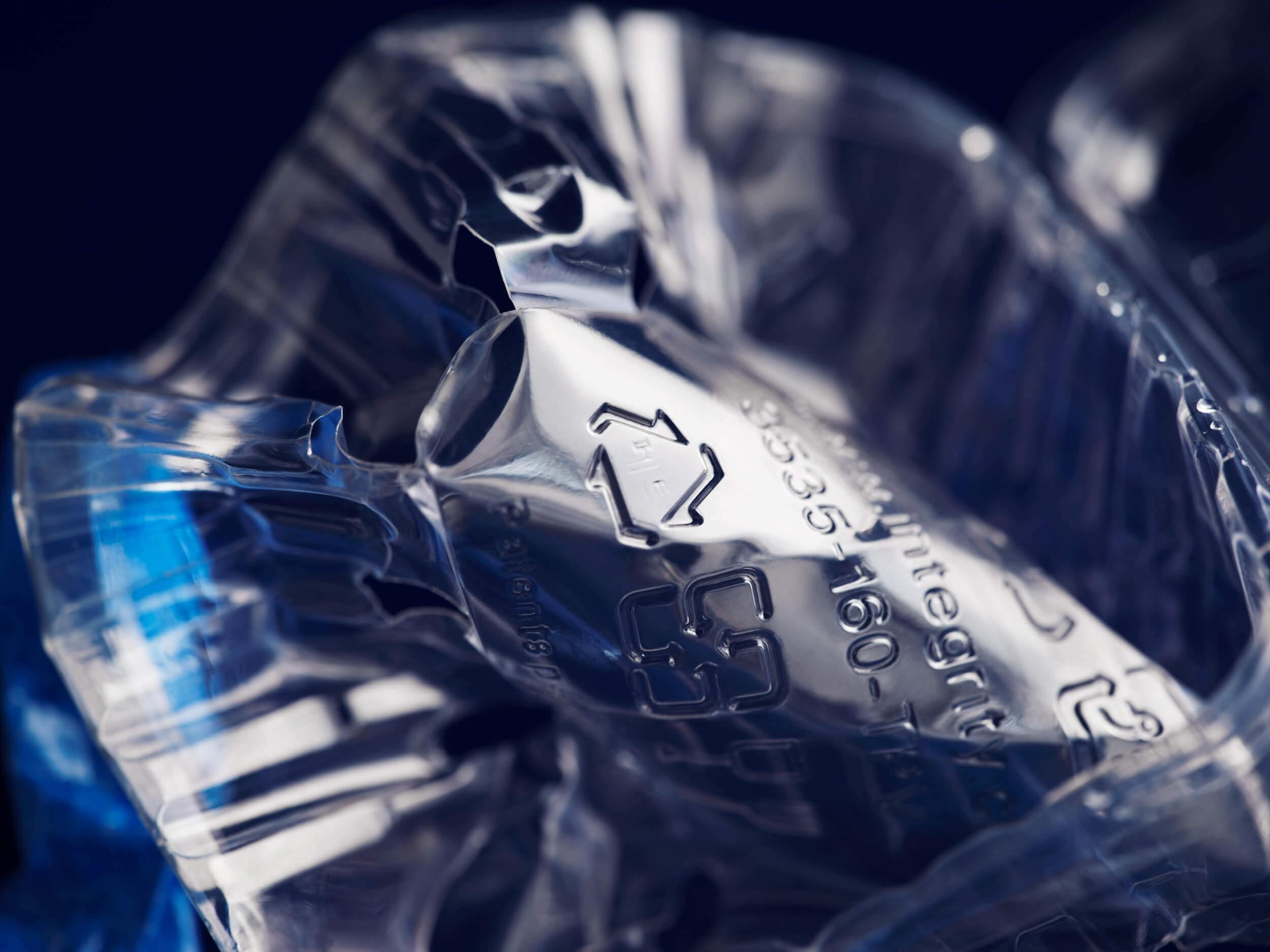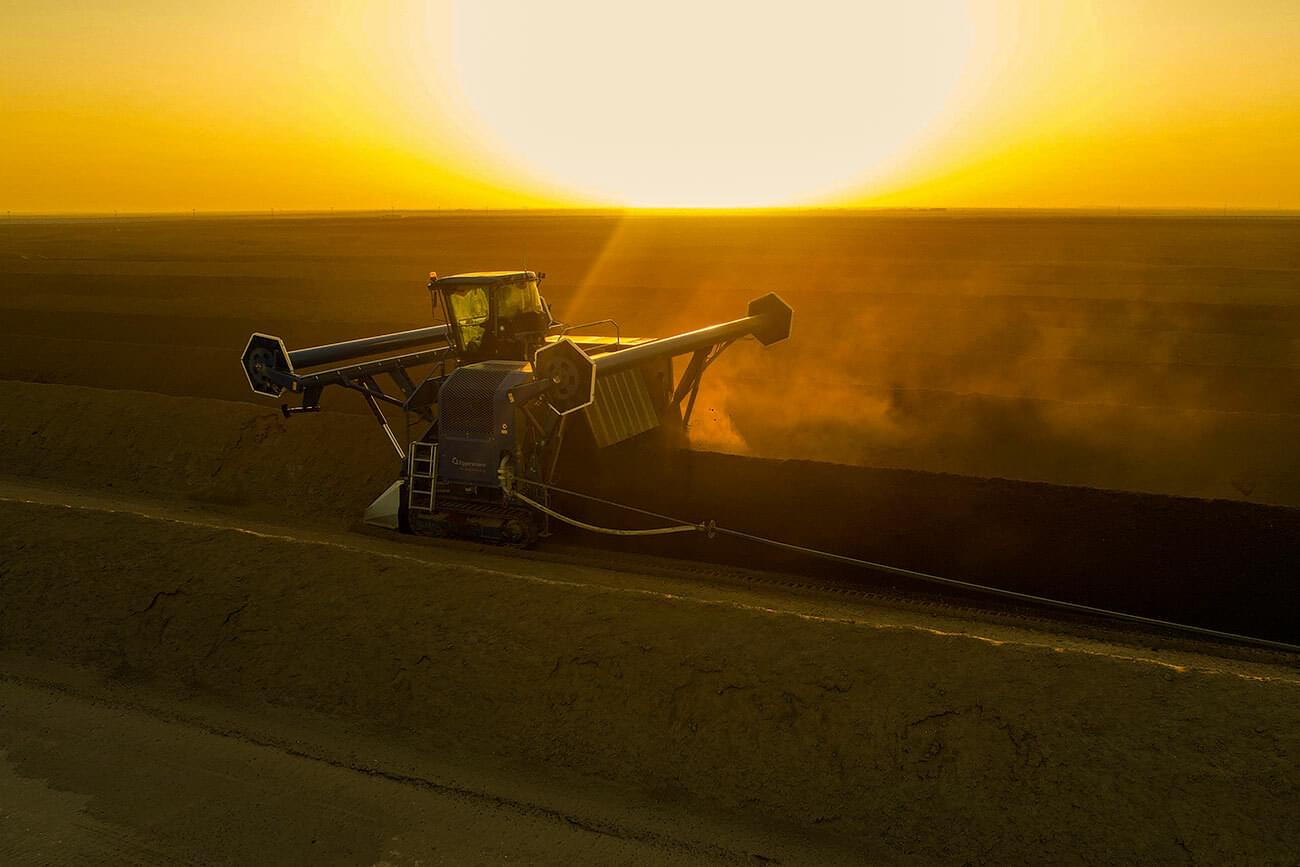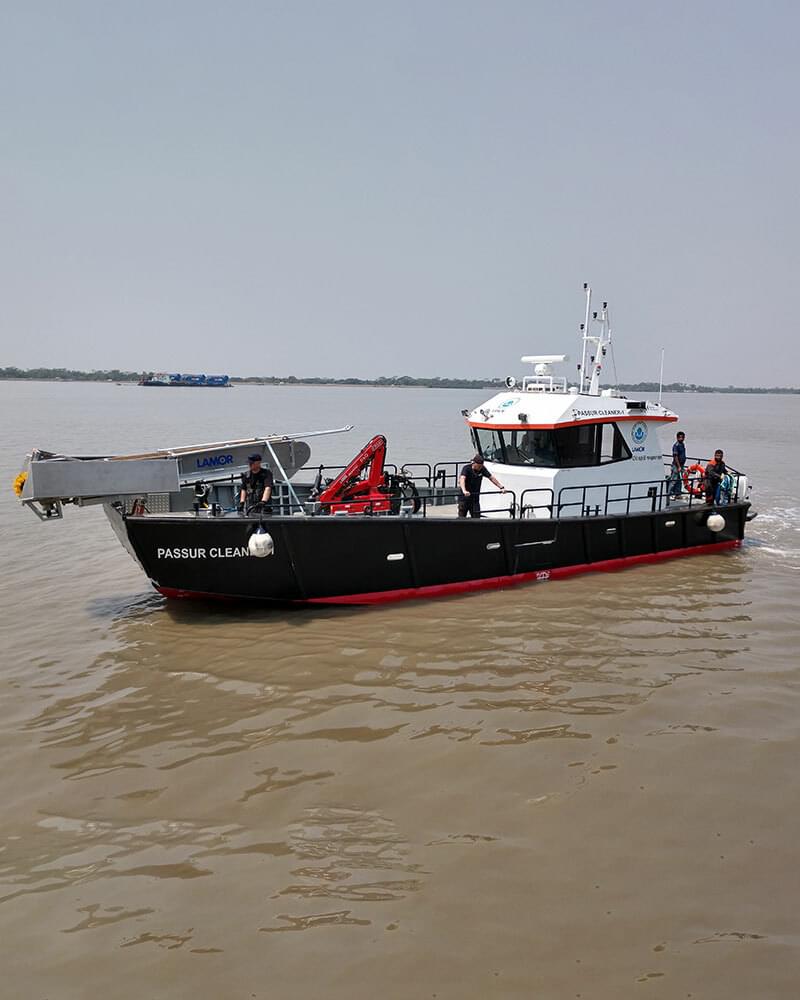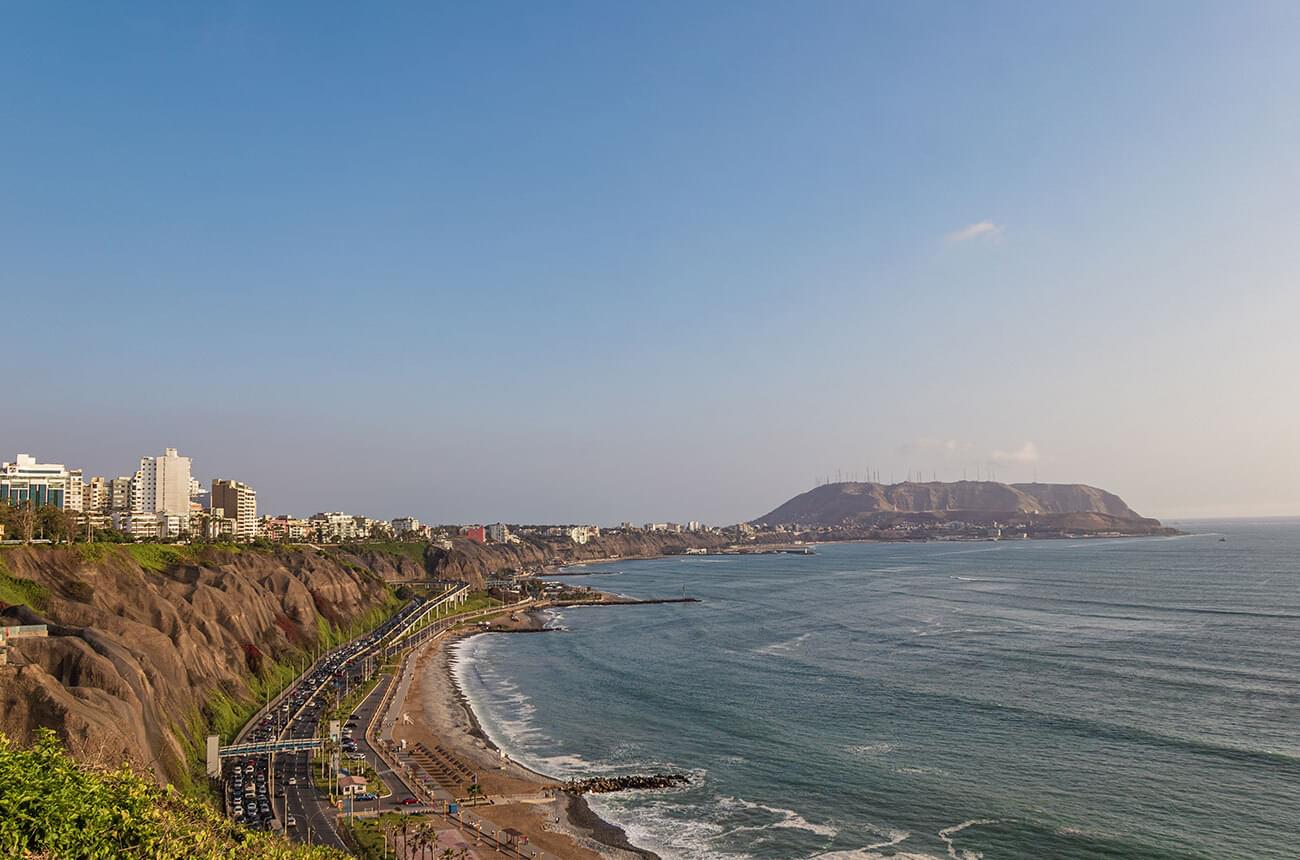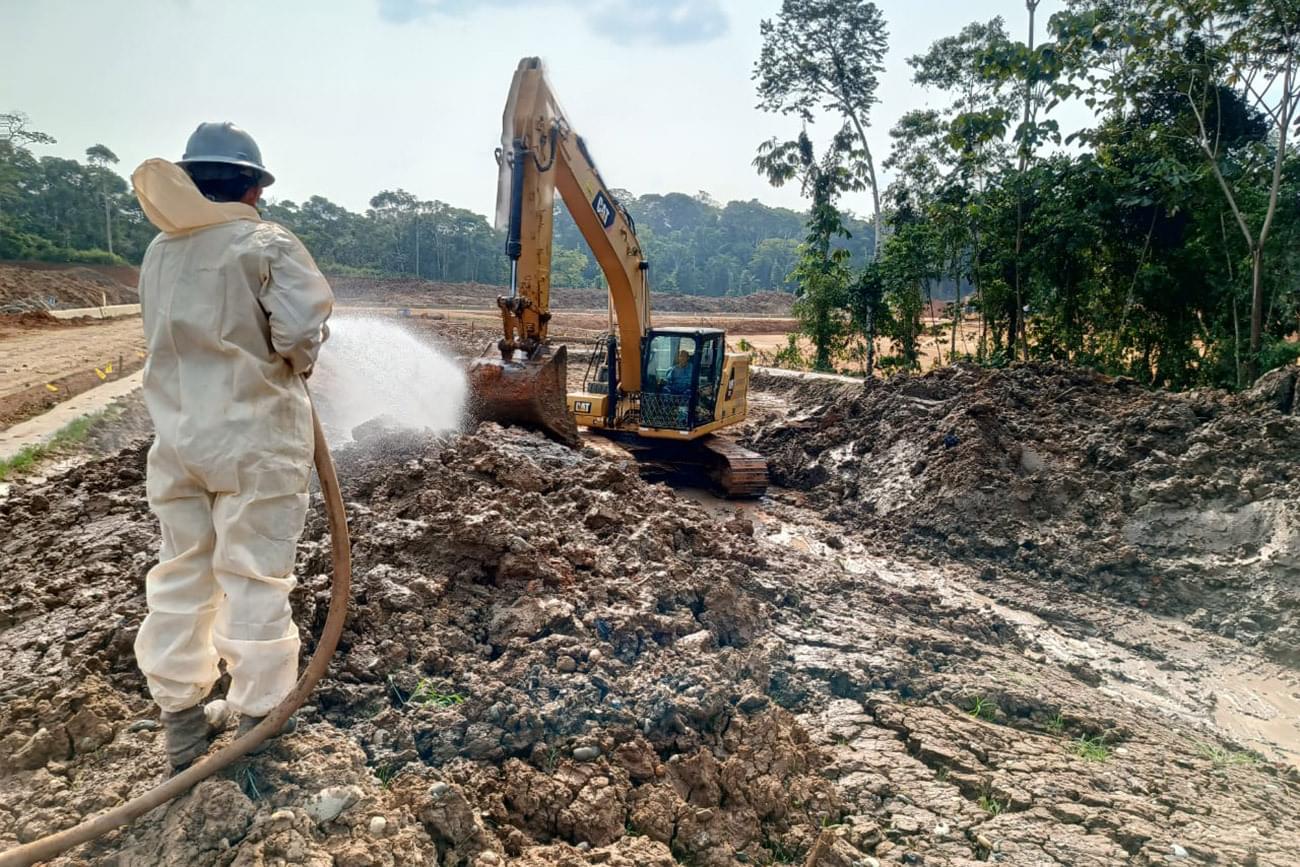Restoring Kuwait’s soil by cleaning up world’s biggest anthropogenic oil spill
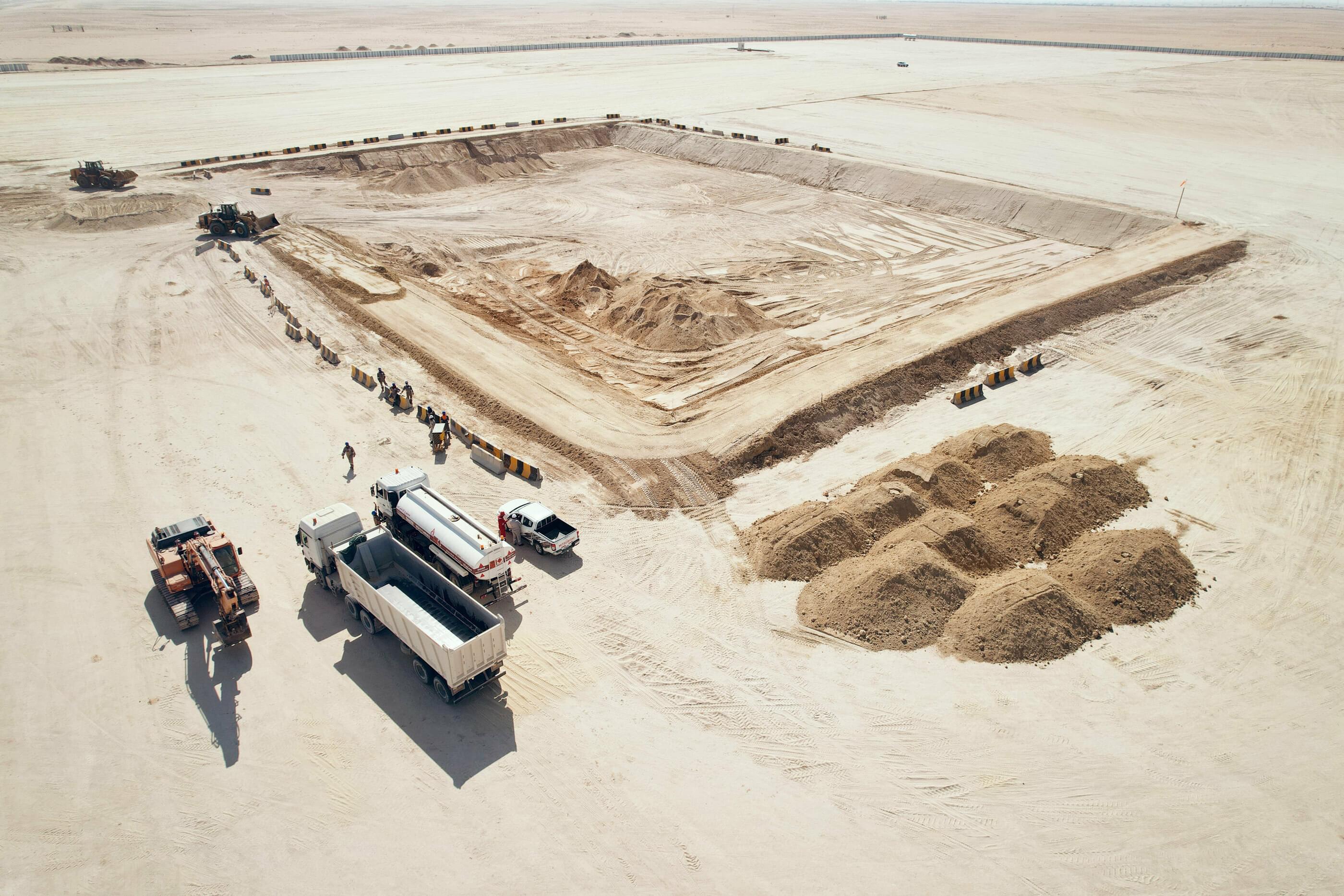
In 2021, Lamor entered into two contracts in consortium with Khalid Ali Al-Kharafi & Bros. Co (KAK) for soil remediation projects in northern and southern Kuwait. The projects have already begun with necessary preparations underway to initiate the first phase of field works.
Challenge
The largest man-made oil spill in history occurred in Kuwait in 1991 during the Gulf War. Iraqi troops set fire to 600-700 oil wells, causing a massive oil spill and an environmental disaster.
The Kuwait Environmental Remediation Program (KERP) was established by the United Nations to manage the aftercare of the massive oil spill and environmental catastrophe. The program aims to clean, remediate, and revegetate the affected area, covering a surface area of 114 square kilometers (about the size of Manhattan) and a volume of 26 million cubic meters of contaminated soil. KERP is the largest environmental inland cleanup in history, and the United Nations has awarded USD 3 billion for soil remediation activities in the area.
Solution
During 2022, important progress was made to prepare for the full-scale remediation work. Construction was done on the facilities including the treatment center, access roads, and site offices. Furthermore, an Environmental and Social Impact Assessment was carried out and preliminary activities were conducted to better understand the scope of the problem and define the best strategy for solving it.
A study was conducted to optimize the treatment process for two different technologies - bioremediation and soil washing. The soil to be treated contained various pollutants in different concentrations. Based on the results, bioremediation was chosen as the technology for treating less contaminated soils while soil washing was selected for soils with higher levels of contamination.
The location and volume of soil, which need to be remediated as well as the most effective method to achieve the remediation target, have now been determined. The aim for 2023 is to treat a substantial quantity of soil using bioremediation and soil washing techniques. The entire project will take 3.5 years to complete.
“Our global, experienced team of professionals is solving this important problem. Our earlier soil remediation expertise from Latin America has been crucial to build up the high-quality soil remediation capabilities in Kuwait, ”says Manel Fernandez Bosch, Project Director of Lamor.
Impact
Maintaining clean and healthy soil is crucial for our survival, as there is no life without it. By doing so, we can ensure clean air, preserve ground and surface water resources, and sustain biodiversity and food production capabilities.
Throughout the project, we’ve been improving the environmental and health conditions of the surrounding areas. This has been done, for example, by reducing the amount of air emissions from oil-contaminated soil as well as by preventing existing contamination from affecting precious resources such as groundwater.
Stay in the know
Sign up for our newsletter to learn more about innovations enabling the survival of our dear planet.

